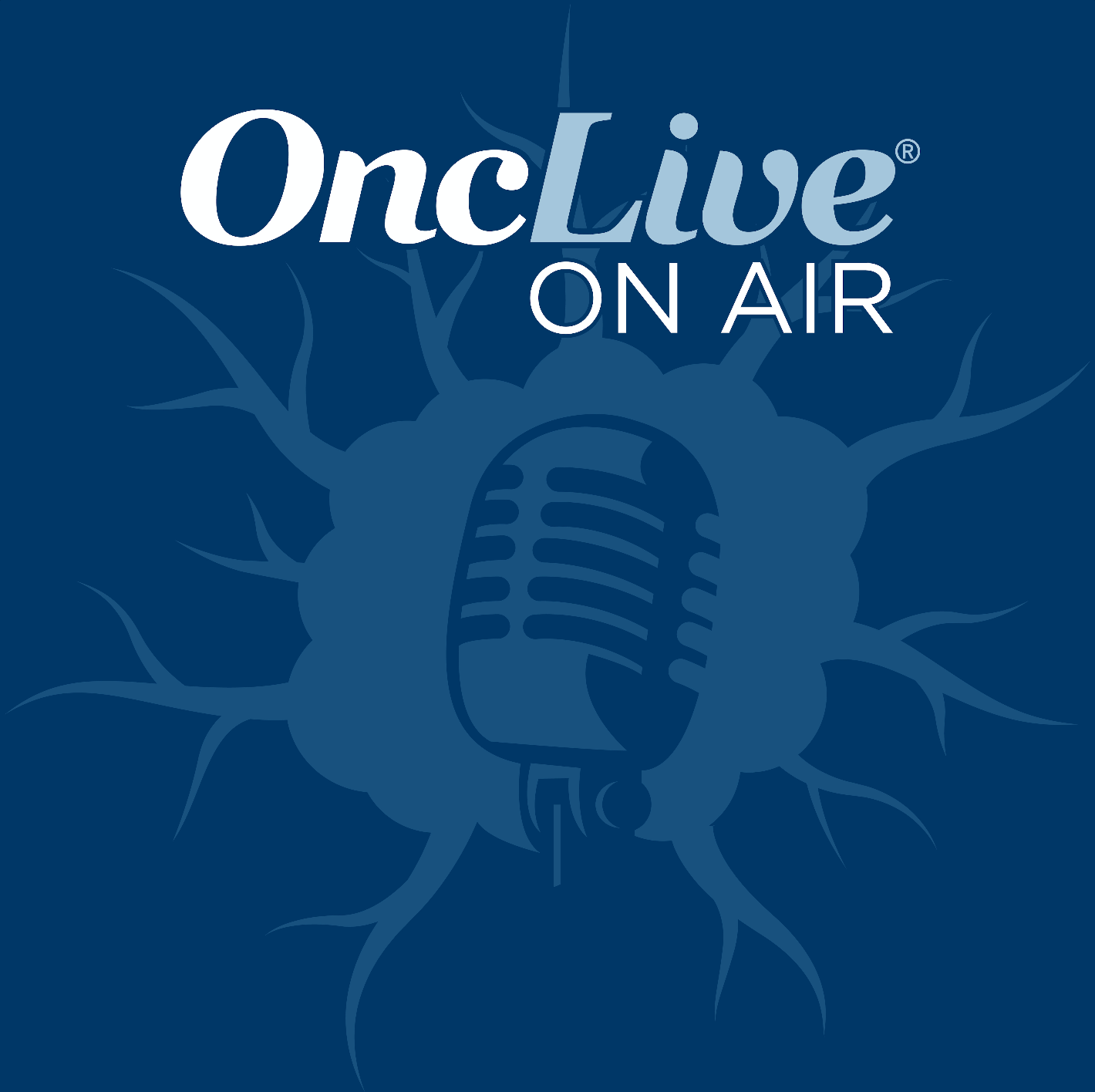Video
Dr. Lyman on Biosimilars Reducing Healthcare Costs in the United States
Gary H. Lyman, MD, MPH, senior lead, Health Care Quality and Policy, Hutchinson Institute for Cancer Outcomes Research, member, Cancer Prevention Program, Public Health Services Division, and member, Clinical Research Division, Fred Hutchinson Cancer Research Center, discusses the presence of biosimilars on the market and their potential to reduce healthcare costs in the United States.
Gary H. Lyman, MD, MPH, senior lead, Health Care Quality and Policy, Hutchinson Institute for Cancer Outcomes Research, member, Cancer Prevention Program, Public Health Services Division, and member, Clinical Research Division, Fred Hutchinson Cancer Research Center, discusses the presence of biosimilars on the market and their potential to reduce healthcare costs in the United States.
The big question in the cancer space is whether biosimilars will achieve the goal of reducing prices, says Lyman. Data in Europe suggest that there is a 20% to 30% reduction in pricing when competitive biosimilars are available, he adds. However, it is too early to know whether the availability of biosimilars will have the same impact in the United States.
Two recent studies published this past year in JAMA Oncology examining the early utilization of the hematopoietic growth factor biosimilars suggests there is around a 10% price reduction thus far, explains Lyman. Now, there are 5 competitive hematopoietic growth factor biosimilars and 4 trastuzumab (Herceptin) biosimilars available for breast cancer, says Lyman. As more competitors emerge within a class of agents, there should be a greater impact on cost, concludes Lyman.








